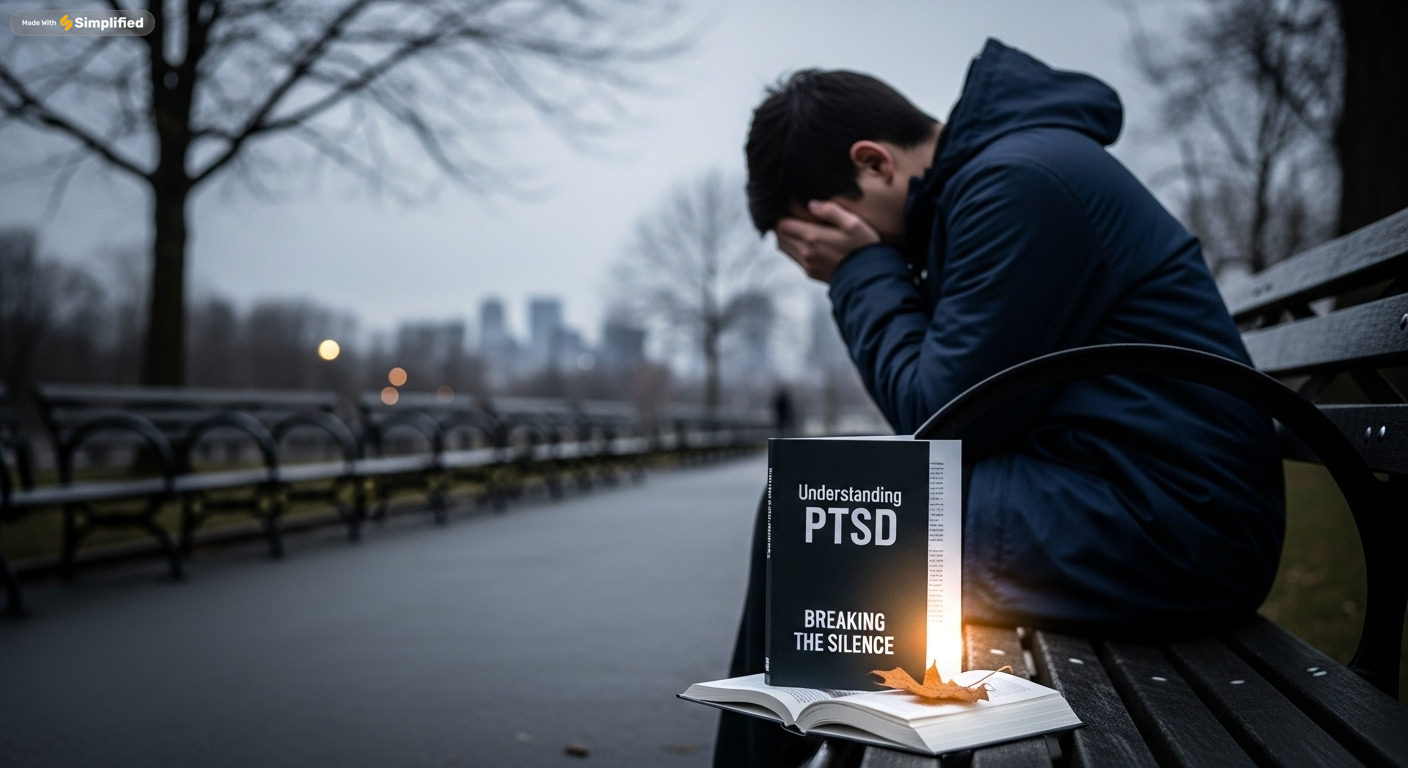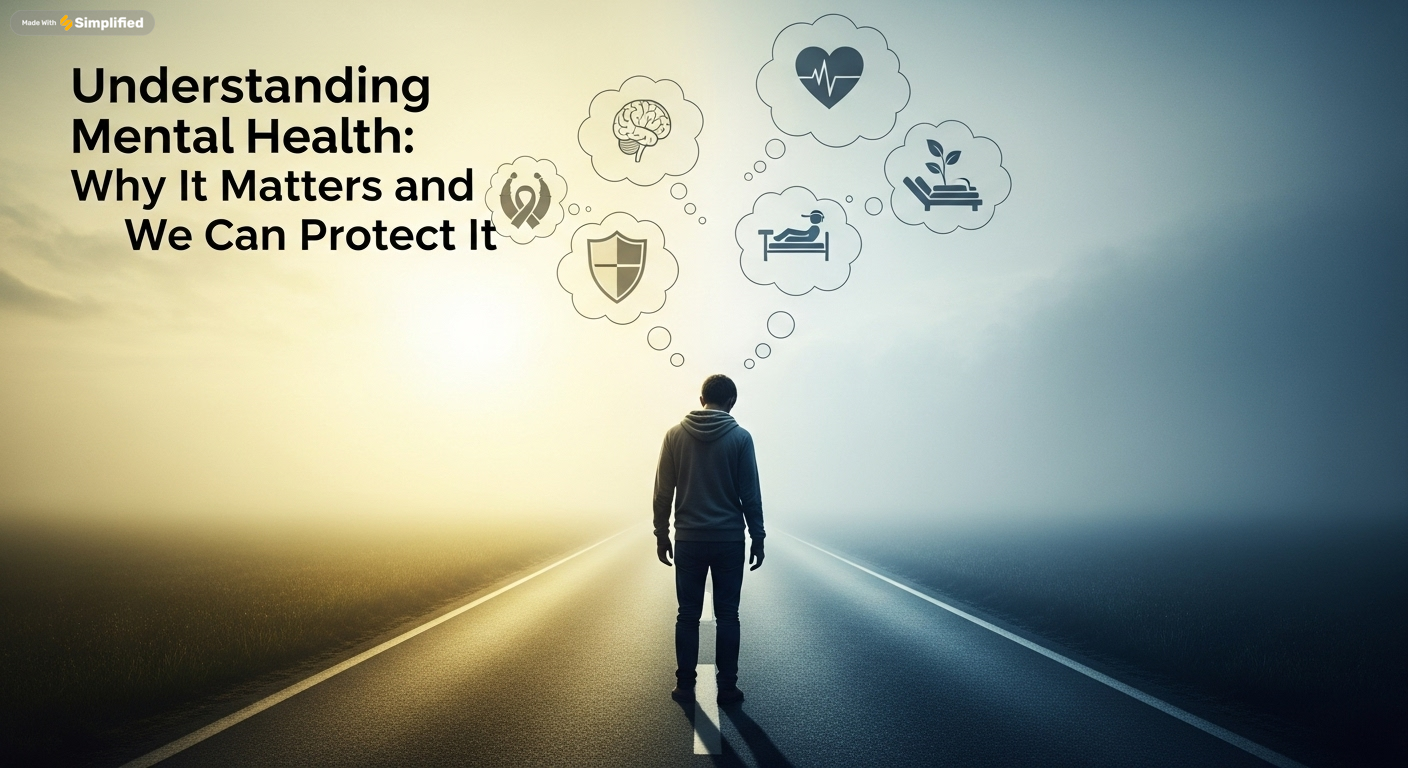
Self-Care and Mental Health: Small Steps That Make a Big Difference
In today’s fast-paced world, many people juggle multiple responsibilities—work, family, school, finances, and social commitments. While ambition and productivity are often praised, the pressure to keep up can leave little room for rest and reflection. Over time, this can take a serious toll on mental health. This is where self-care comes in. Self-care isn’t about being selfish or indulging in luxury—it’s about taking intentional steps to care for your mind and body. It’s the daily practice of making choices that protect your well-being, build resilience, and restore balance.
Self-care refers to activities and habits that individuals practice to maintain or improve their health, particularly mental and emotional well-being. It can be as simple as taking a walk, setting boundaries, or making time to connect with loved ones.
Contrary to popular belief, self-care doesn’t require expensive spa days or elaborate routines. Instead, it’s about consistent, practical habits that nurture inner peace and mental stability.
Why Self-Care Matters for Mental Health
When neglected, mental health suffers. Stress builds up, sleep quality declines, and relationships strain. Over time, poor self-care may lead to burnout, anxiety, or depression.
The benefits of self-care include:
Reduced stress and improved relaxation.
Better mood regulation and resilience in the face of challenges.
Improved concentration and decision-making.
Stronger relationships, since balanced individuals communicate more effectively.
Long-term health protection, as good mental health lowers the risk of chronic illnesses.
The Pillars of Self-Care
1. Physical Self-Care
Physical health and mental health are deeply connected. When the body feels good, the mind often follows. Key practices include:
Sleep: Aim for 7–9 hours of restful sleep each night.
Nutrition: Choose balanced meals with whole foods instead of relying on processed or sugary snacks.
Exercise: Even 30 minutes of walking or stretching daily boosts mood and reduces anxiety.
Routine health checkups: Caring for the body prevents issues that might also affect mental well-being.
2. Emotional Self-Care
Acknowledging and expressing emotions is crucial for mental health. Strategies include:
Journaling to process feelings.
Talking with a trusted friend or therapist.
Practicing mindfulness to become more aware of emotions without judgment.
Allowing yourself to feel joy, sadness, or anger without guilt.
3. Social Self-Care
Humans are social beings, and healthy connections are vital for emotional resilience. Self-care in this area might involve:
Spending time with supportive family or friends.
Joining clubs, classes, or community groups.
Setting boundaries with toxic relationships.
Balancing online connections with real-life interactions.
4. Mental Self-Care
Keeping the mind sharp and engaged helps reduce stress and boost confidence. Activities include:
Reading, puzzles, or learning new skills.
Taking breaks from technology to rest the brain.
Practicing gratitude to shift focus toward positivity.
Engaging in creative outlets like art, music, or writing.
5. Spiritual Self-Care
For many, connecting with something larger than themselves provides peace and purpose. This doesn’t always mean religion—it can also involve mindfulness, meditation, or time in nature.
Common Barriers to Self-Care
Despite its importance, many people struggle to prioritize self-care. Common obstacles include:
Busy schedules: Feeling there’s no time to rest or recharge.
Guilt: Believing that caring for oneself takes away from others.
Stigma: Viewing self-care as weakness or indulgence.
Lack of awareness: Not recognizing when stress is becoming harmful.
Overcoming these barriers requires reframing self-care as a necessity, not a luxury. Just like charging a phone battery, people must recharge themselves to function well.
Practical Everyday Self-Care Ideas
Self-care doesn’t have to be complicated. Here are simple practices that can be integrated into daily life:
Start the day calmly: Instead of rushing, take five minutes to stretch or breathe deeply.
Create tech-free time: Disconnect from screens an hour before bed to improve sleep.
Stay hydrated: Drinking enough water supports both physical and mental performance.
Practice gratitude: Write down three things you’re thankful for each night.
Get outside: Sunlight and fresh air lift mood and improve focus.
Say no when necessary: Protect your energy by not overcommitting.
Celebrate small wins: Acknowledge progress, no matter how minor.
The Role of Communities and Workplaces in Self-Care
While self-care is personal, communities and organizations also play a role in making it accessible.
Workplaces can encourage self-care by promoting work-life balance, offering wellness programs, and reducing stigma around mental health days.
Schools can teach stress-management and emotional awareness to children.
Communities can provide safe spaces for recreation, connection, and support.
When self-care is supported collectively, individuals feel less pressure to manage everything alone.
Self-Care vs. Professional Care
Self-care is a powerful tool, but it’s not a substitute for professional help when needed. If symptoms of depression, anxiety, or other mental health issues persist, seeking a counselor, therapist, or doctor is essential. Combining self-care with professional treatment offers the best outcomes.
Conclusion
Self-care is not selfish—it is survival. It’s about recognizing that mental health requires daily attention, just like physical health. By incorporating small, consistent habits into everyday life, individuals can reduce stress, strengthen resilience, and improve overall happiness.
In a world that demands constant productivity, slowing down to care for oneself is a radical, necessary act. The message is clear: when we take care of ourselves, we’re better equipped to care for others and live fuller, healthier lives.


